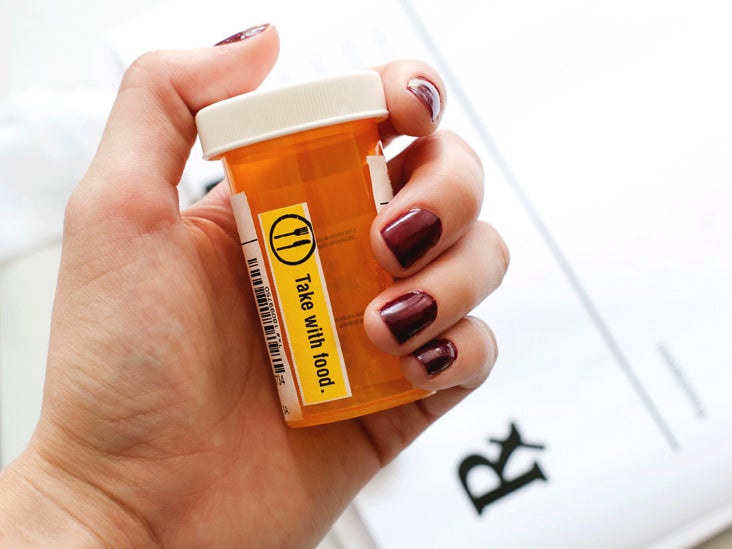The painkiller Toradol has been widely prescribed for years but the controversy around it has recently been reignited. Is Toradol a true opiate, or is it a safe alternative to more serious narcotics? In this article, we’ll explore the scientific evidence and the opinions of medical professionals to help you decide if Toradol is a suitable treatment for your pain.
No, Toradol is not an opiate. Toradol (ketorolac) is a nonsteroidal anti-inflammatory drug (NSAID) that is typically used to treat short-term pain relief. It works by blocking the production of substances in the body that cause pain and inflammation. Toradol is not an opioid and is not classified as a controlled substance. It is not habit-forming and does not cause addiction.

What is Toradol?
Toradol is a nonsteroidal anti-inflammatory drug (NSAID) used to treat moderate to severe pain. It is a brand name for the generic drug ketorolac, which was approved by the Food and Drug Administration (FDA) in 1989. Toradol is available in oral, injectable, and intranasal forms and is used for short-term relief of moderate to severe pain.
How does Toradol work?
Toradol works by blocking the release of certain chemical messengers in the body that cause pain and inflammation. It is a non-selective COX inhibitor, meaning that it inhibits both COX-1 and COX-2 enzymes. Inhibition of these enzymes reduces the production of prostaglandins, which are molecules that cause inflammation. By blocking the release of these inflammatory molecules, Toradol reduces pain and inflammation.
Is Toradol an Opiate?
No, Toradol is not an opiate. Opiates are drugs derived from the opium poppy plant and are used to treat moderate to severe pain. Toradol is a nonsteroidal anti-inflammatory drug (NSAID) and is not derived from the opium poppy plant. It works by blocking the release of certain chemical messengers in the body that cause pain and inflammation.
Who should not take Toradol?
Toradol should not be taken by people with a history of stomach ulcers, kidney or liver disease, or those with a bleeding disorder. It should also not be taken by pregnant or nursing women, or those taking certain other medications, including steroids, anticoagulants, or other NSAIDs.
What are the side effects of Toradol?
The most common side effects of Toradol include headache, stomach upset, dizziness, drowsiness, and nausea. More serious side effects include stomach bleeding, kidney damage, allergic reactions, and an increased risk of heart attack or stroke.
What is the dosage of Toradol?
The recommended dose of Toradol varies depending on the type and severity of pain. Injectable Toradol should only be used for short-term relief of severe pain. Oral forms of Toradol should only be used for short-term relief of moderate to severe pain. Intranasal forms of Toradol should only be used for short-term relief of mild to moderate pain.
Few Frequently Asked Questions
What is Toradol?
Toradol is a nonsteroidal anti-inflammatory drug (NSAID) used to treat mild to moderate pain. It is a prescription medication that is available in tablet or injectable form. It is commonly used to treat pain caused by surgery, arthritis, or other inflammatory conditions. Toradol is also sometimes used to reduce fever and to treat menstrual pain.
Is Toradol a Opiate?
No, Toradol is not an opiate. Opiates are drugs derived from the opium poppy plant, such as morphine and codeine. Toradol is not derived from this plant and therefore is not an opiate.
What is the active ingredient in Toradol?
The active ingredient in Toradol is ketorolac tromethamine. This is a nonsteroidal anti-inflammatory drug (NSAID) that works by blocking the production of certain substances in the body that cause inflammation and pain.
What are the side effects of taking Toradol?
Common side effects of taking Toradol include nausea, vomiting, stomach pain, headache, dizziness, and drowsiness. Other more serious side effects can include allergic reactions, kidney problems, liver problems, and an increased risk of bleeding or ulcers in the stomach.
Is Toradol habit-forming?
No, Toradol is not habit-forming. It is not a controlled substance, and it does not have the potential for abuse or dependence.
Who should not take Toradol?
Toradol should not be taken by people with a history of peptic ulcer or gastrointestinal bleeding, or by those with a known hypersensitivity or allergy to aspirin or other NSAIDs. It should also not be taken by pregnant or nursing women, or by people with kidney or liver disease.
The agony of opioid withdrawal — and what doctors should tell patients about it | Travis Rieder
Toradol is a powerful and effective non-opiate pain reliever. It is a great option for those who suffer from acute pain and need fast, long-lasting relief. While Toradol is not an opiate, it is still important to use it with caution and follow your doctor’s instructions. With its ability to provide quick, long-lasting relief, Toradol is a great alternative to more powerful opiates.

